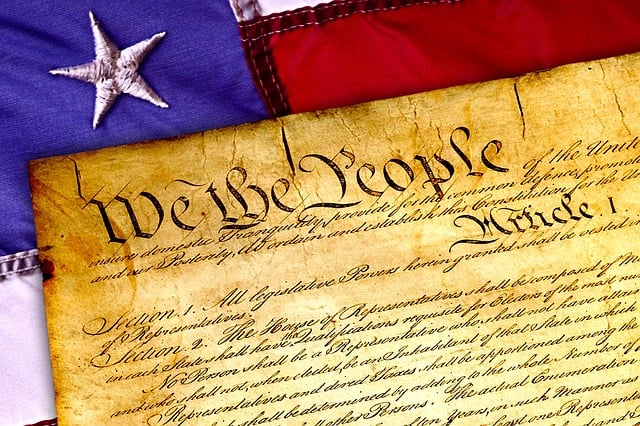
Implicit in the hubbub about the proposed FTC rule eliminating non-competition agreements in most situations is the question of whether an agency should be making such law in the first place. Every high school civics student is aware of our government’s separation of powers. The legislature passes the laws. The executive branch, of which agencies are a part, implement the laws and the courts interpret them. For many years however, legislatures and the courts have looked the other way while federal and state agencies have grabbed more power by passing rules that in reality are laws. Back in 1984, the US Supreme Court in Chevron v. National Resources Defense Council Chevron, 467 U.S. 837, 865, required courts to defer to an administrative agency’s reasonable interpretation of ambiguous statutes. This was a slippery slope and gave much more power to the executive branch than I am sure our founders intended.
Recently the case of TWISN Enterprises, LLC v. State Board of Registration 2022–Ohio–4677 put the brakes on this automatic deference, at least in Ohio. The Ohio Supreme Court rejected all forms of mandatory deference holding that a court may consider an agency interpretation if a statute is genuinely ambiguous, rejecting the Engineering Board’s arguments as “simply policy arguments that it tries to dress up as statutory ones”. The Court concluded that the Board’s arguments were what it wanted the statute to say, not what it does say. According to the Ohio Supreme court, Ohio courts are not compelled to adopt an agency’s preferred reading of the law (unless of course its reading was the best).
The Court stated that the Board’s reading was “second-best” and busted the Engineering’s Board’s requirement for a professional engineer to be a W–2 employee. Hopefully this decision will weaken the authoritative way in which some agencies go about their business. Agencies and boards are not legislatures. They can only do what they are empowered to do by legislative enactment. Like the Federal Constitution, the Ohio Constitution creates a system of separation of powers. That doctrine is still alive and well in Ohio. – Keith Savidge
Mr. Savidge, a business litigator at SSEG, can be reached at kasavidge@sseg-law.com
